Emergency preparedness is incomplete without the inclusion of Cardiopulmonary Resuscitation (CPR) skills. Understanding the role of CPR in emergency situations is essential for individuals and communities. Here’s a comprehensive guide on why CPR is a cornerstone of effective emergency preparedness.
1. Immediate Response to Cardiac Emergencies
CPR is the frontline response to cardiac emergencies, including sudden cardiac arrest. By initiating CPR promptly, individuals can sustain blood circulation and oxygen supply to vital organs until professional help arrives, significantly increasing the chances of survival.
2. Bridge to Professional Medical Assistance
In many emergency situations, professional medical assistance may take critical minutes to arrive. CPR acts as a bridge, maintaining essential bodily functions during the crucial time between the onset of the emergency and the arrival of advanced medical care.
3. Empowering Bystanders as First Responders
CPR training empowers bystanders to become effective first responders. In emergencies, the immediate actions of those present can be the determining factor for the victim’s outcome. CPR training ensures individuals are ready and confident to take action when needed.
4. Comprehensive Response to Various Emergencies
While CPR is commonly associated with cardiac events, the skills acquired in CPR training extend to other emergency scenarios. Knowledge of chest compressions and rescue breaths is invaluable in responding to choking incidents, near-drowning situations, or respiratory distress.
5. Integration with Automated External Defibrillators (AEDs)
CPR training often includes familiarity with AEDs. Integrating AED use with CPR enhances the overall emergency response. AEDs analyze heart rhythms and deliver shocks when necessary, complementing the efforts of CPR and increasing the likelihood of restoring a normal heart rhythm.
6. Preparedness for Natural Disasters and Mass Casualty Incidents
During natural disasters or mass casualty incidents, emergency services may be overwhelmed. CPR-trained individuals can play a pivotal role in providing immediate assistance to multiple victims, potentially saving numerous lives.
ByGrace CPR Compliance: Shaping Communities for Preparedness
At ByGrace CPR Compliance, we recognize the pivotal role of CPR in emergency preparedness. Our training programs focus on equipping individuals and communities with the skills needed to respond effectively to a range of emergencies.
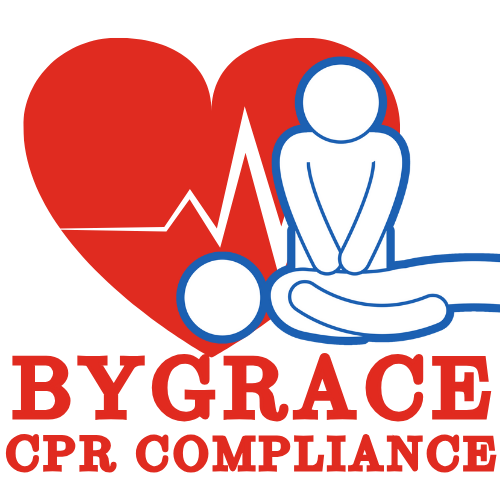
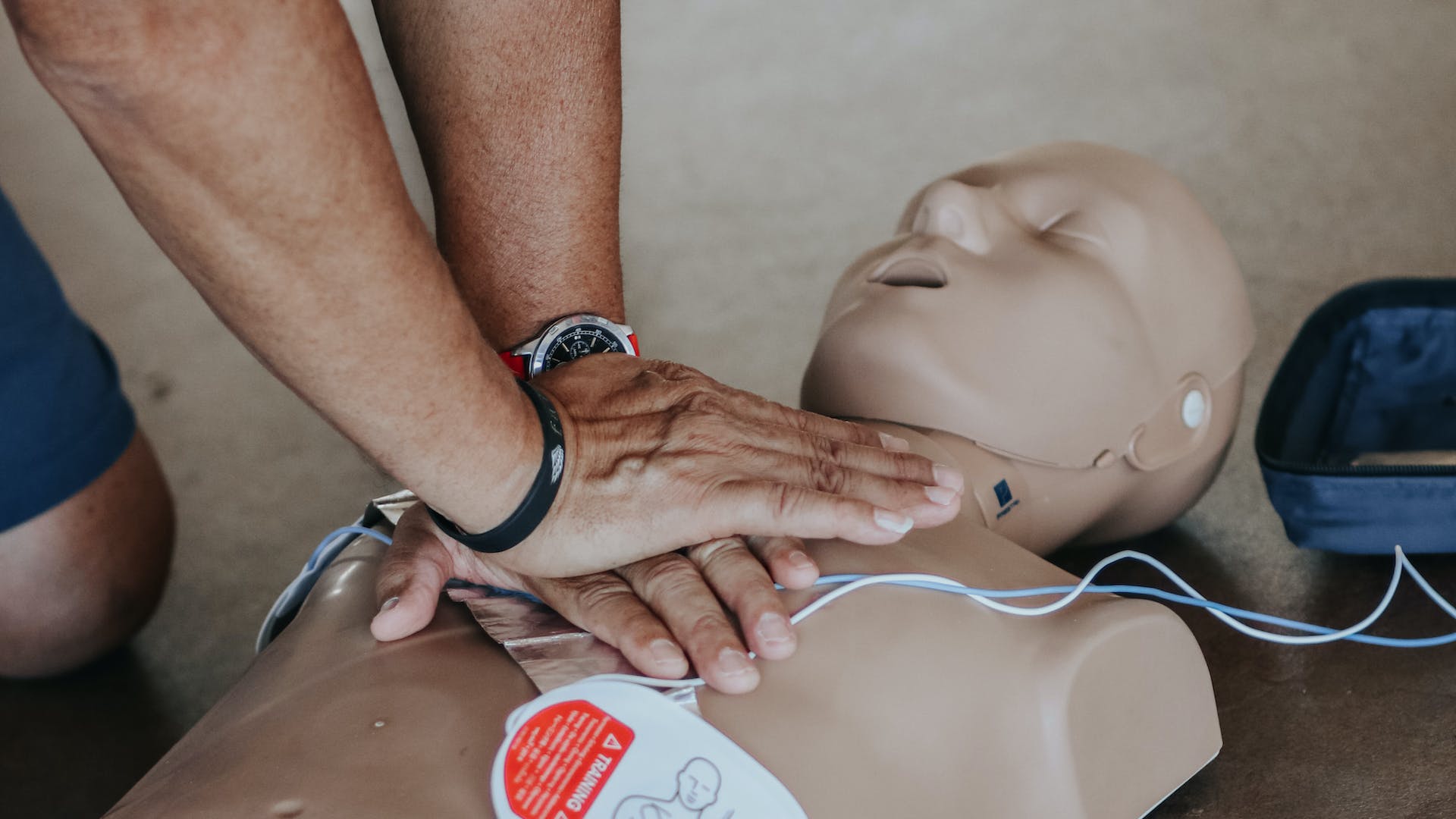
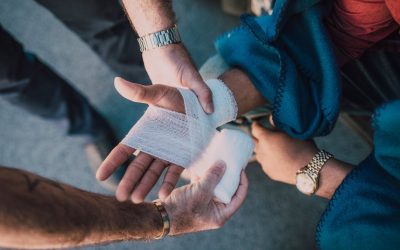
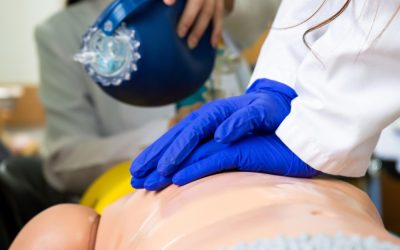
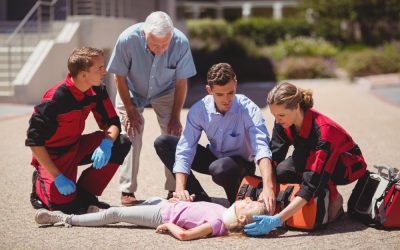
0 Comments